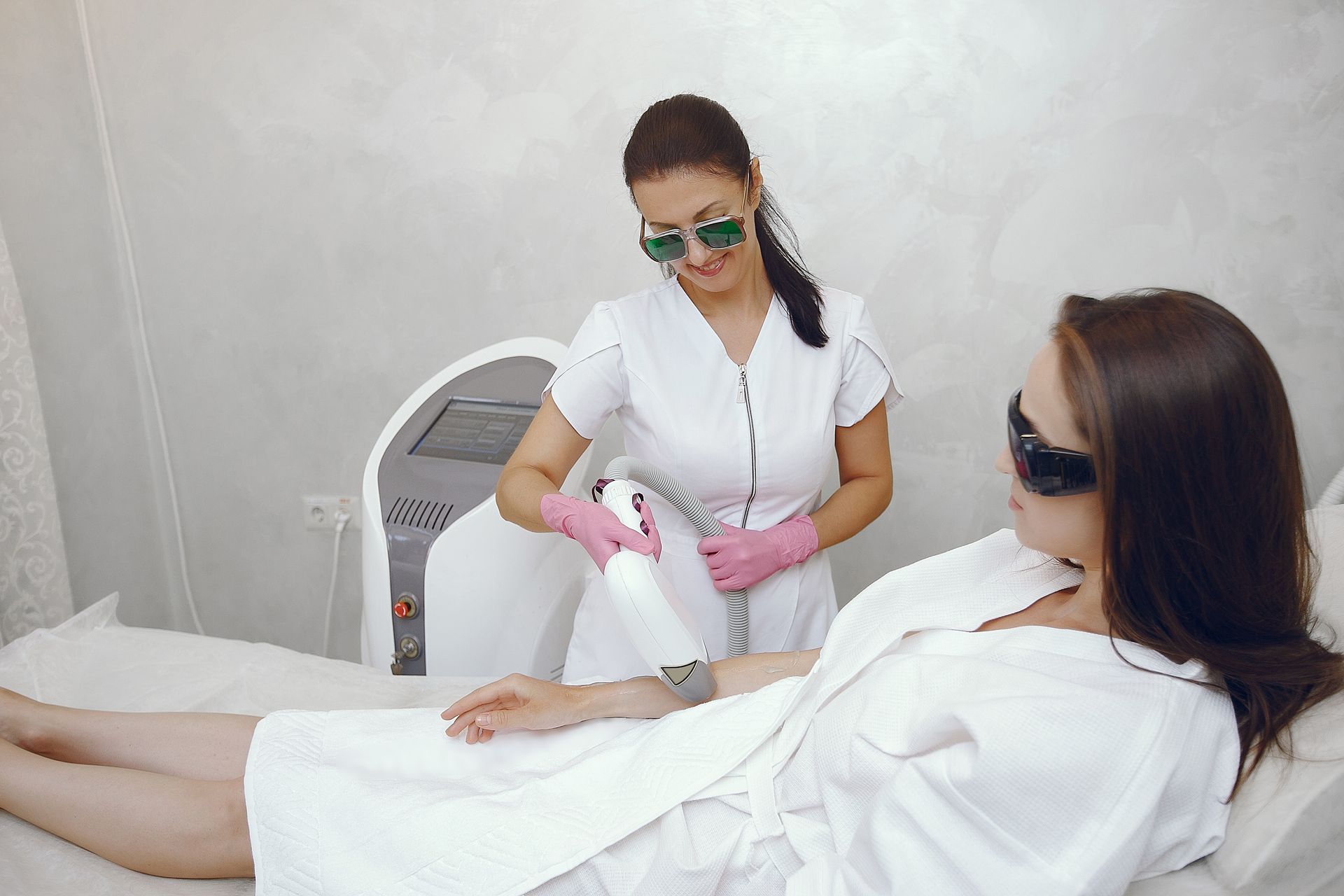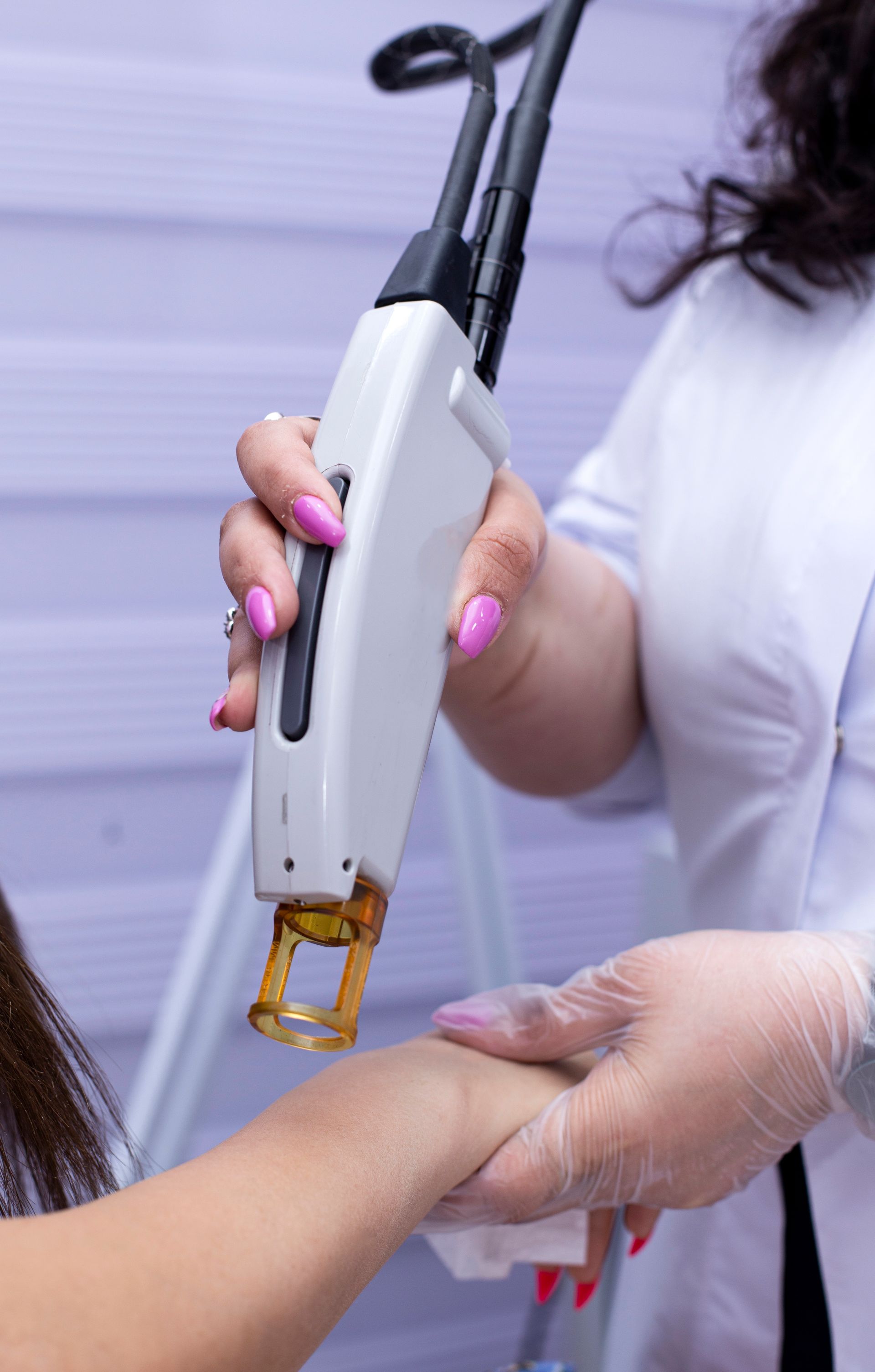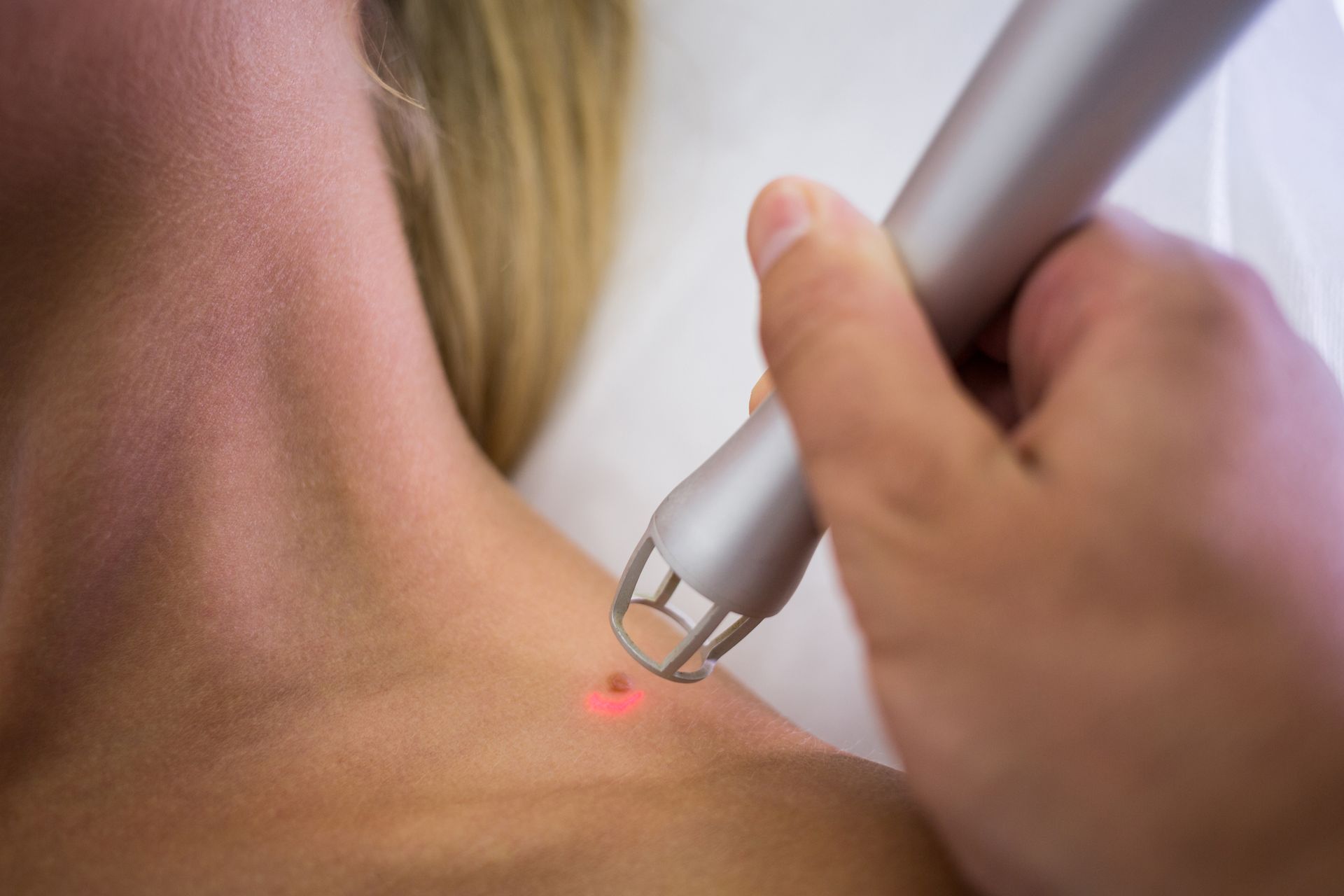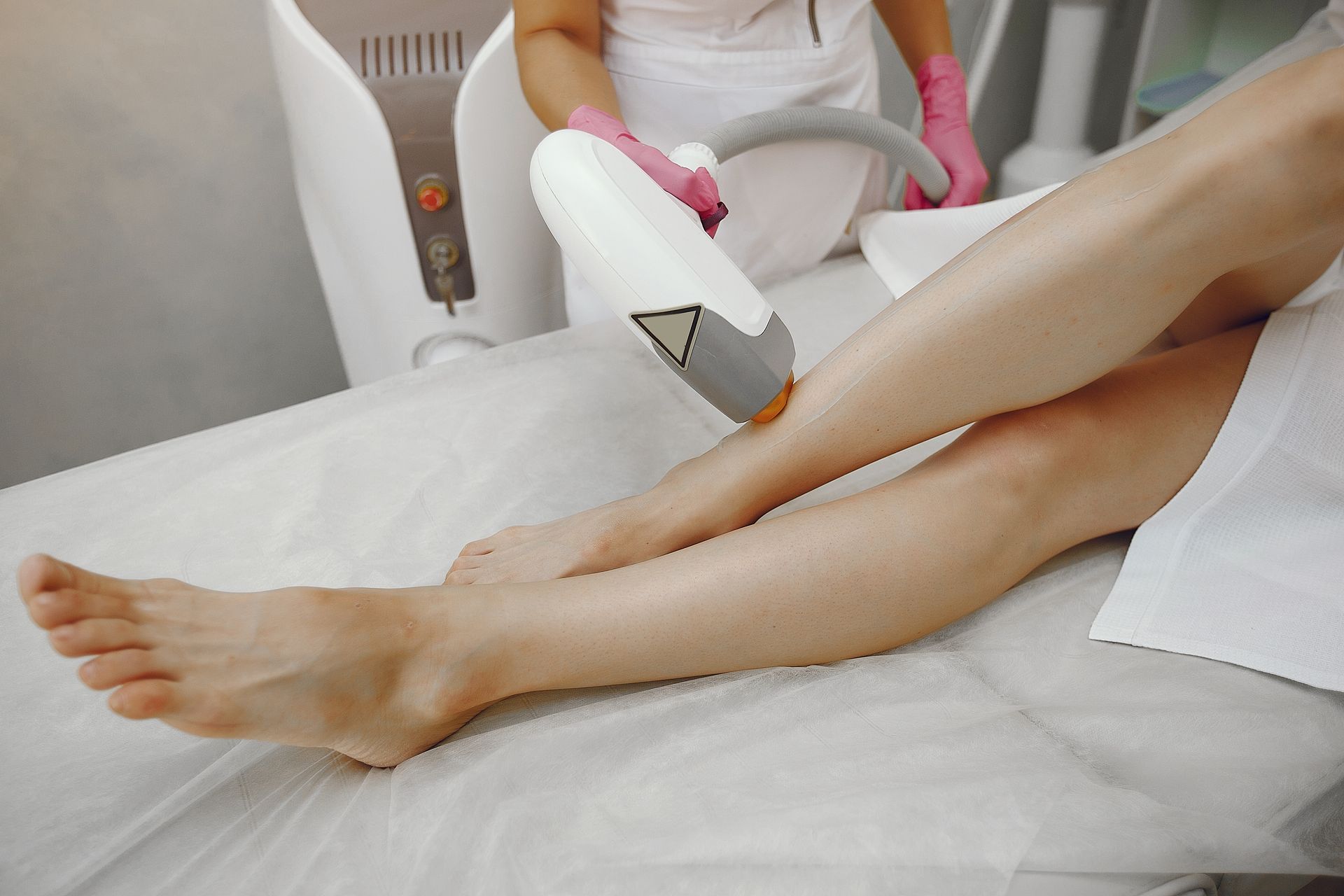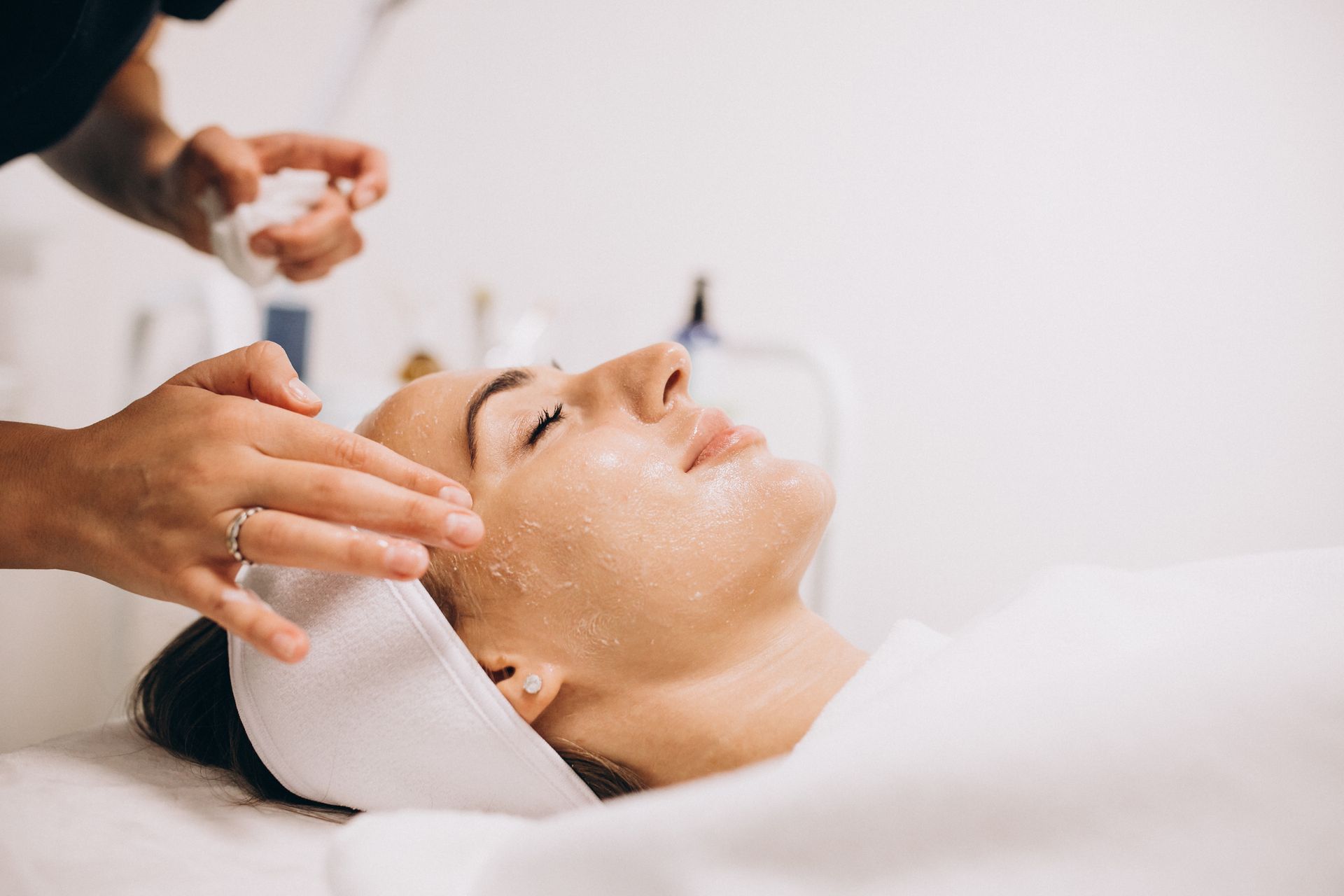Can Laser Hair Removal on Face Cause Pigmentation?
Laser hair removal is praised for being a safe and effective method for reducing unwanted facial hair, offering a long-term solution to constant shaving or waxing. However, when it comes to treating the face—a sensitive and highly visible area—many people are concerned about pigmentation issues.
Can laser hair removal on the face lead to dark spots or discoloration? What increases the risk, and how can it be prevented? Let’s walk through everything you need to know.
Understanding How Laser Hair Removal Works
Laser hair removal works by targeting the pigment (melanin) in hair follicles with a concentrated beam of light. This energy is absorbed by the melanin, which heats and damages the follicle to prevent future hair growth.
While this sounds straightforward, there’s a catch: the laser doesn’t distinguish between melanin in the hair and melanin in the skin. That means people with darker skin tones or those with tans are at a higher risk of side effects, including pigmentation changes.
What Is Pigmentation?
Pigmentation refers to the color of your skin, which is determined by melanin production. After a laser session, pigmentation changes may manifest in two ways:
Hyperpigmentation: Dark spots or patches appear on the skin.
Hypopigmentation: Lighter patches develop where melanin has been reduced or damaged.
Both can occur if the skin reacts negatively to the laser or is not cared for properly after the session.
Can i bleach my face after laser hair removal?
Can Laser Hair Removal Cause Pigmentation on the Face?
Yes, laser hair removal can cause pigmentation changes on the face, especially if certain precautions are not followed. The face is constantly exposed to the sun, skincare products, and environmental stressors—making it more vulnerable to pigmentation side effects compared to other body parts.
These pigmentation changes are usually temporary but can sometimes be persistent or even permanent if the skin is not protected or if the wrong laser settings are used.
Who Is Most at Risk?
Pigmentation changes can happen to anyone, but some people are more at risk:
- Darker skin tones (Fitzpatrick skin types IV-VI)
- People with recent sun exposure or tanning
- Individuals using photosensitizing medications (like acne treatments or antibiotics)
- Those with a history of melasma or post-inflammatory hyperpigmentation
Common Triggers of Pigmentation After Facial Laser Hair Removal
Let’s explore some of the most common triggers that lead to pigmentation after laser on the face:
Using the Wrong Laser for Your Skin Tone
Not all lasers are created equal. Some lasers, like Alexandrite, are best for lighter skin, while Nd:YAG lasers are safer for darker skin because they penetrate deeper and bypass much of the skin’s melanin.
Lack of Sun Protection
Skipping sunscreen after your treatment is a recipe for pigmentation. The skin is vulnerable after laser, and any UV exposure can trigger melanin overproduction.
Skipping Patch Tests
Patch testing is crucial, especially for facial areas. Skipping it increases your risk of adverse pigmentation reactions.
Using Harsh Products Post-Treatment
Retinoids, acids, and exfoliants can further irritate laser-treated skin, potentially causing dark spots or inflammation.
Preventing Pigmentation After Laser Hair Removal
Pigmentation isn’t inevitable. Here’s how to minimize your chances of developing discoloration:
1. Choose the Right Professional
Always go to a certified laser technician or dermatologist who understands how to select the right settings for your skin tone. Facial skin is more delicate, and requires a customized approach.
2. Avoid Sun Exposure
Stay out of the sun for at least two weeks before and after treatment. If you must go outside, wear broad-spectrum SPF 50+ and a hat.
3. Don’t Use Active Ingredients Before and After
Pause skincare products like retinol, AHAs, BHAs, and Vitamin C for several days before and after your treatment to avoid irritating the skin.
4. Stick to a Gentle Skincare Routine
Use fragrance-free, non-comedogenic cleansers and moisturizers to help your skin heal calmly and naturally.
5. Start With a Patch Test
A patch test on a small area of your face will let you know how your skin reacts before treating a larger zone.
What If You Already Have Pigmentation?
If pigmentation has already occurred, don’t panic. Many cases resolve on their own with time and proper care. Here’s what you can do:
- Apply SPF religiously to prevent worsening.
- Use pigment-correcting serums like niacinamide or azelaic acid (only after the skin has healed fully).
- Consult a dermatologist if the spots persist. They may recommend laser toning, chemical peels, or prescription creams.
The Role of Skin Tone in Pigmentation Risk
Your natural skin tone plays a huge role in how your skin will respond to laser. Darker skin tones need specialized care, and it’s vital to choose a provider who has experience treating diverse skin types.
It’s also worth noting that pigmentation isn’t limited to hyperpigmentation. Some people may notice lighter patches—hypopigmentation—especially if the laser damages surrounding skin. This is less common but tends to be more noticeable and difficult to reverse.
Conclusion: Pigmentation Is Preventable With the Right Care
Laser hair removal on the face is a fantastic option for long-term hair reduction, but it does come with some risks—pigmentation being one of the most common. The good news? Most pigmentation issues are preventable and manageable with the right approach.
Choose a skilled provider, prep your skin correctly, avoid sun exposure, and follow a gentle post-care routine. With those measures in place, you can enjoy smooth, hair-free skin without the worry of lasting dark spots or discoloration.
BOOK YOUR FREE SESSION
